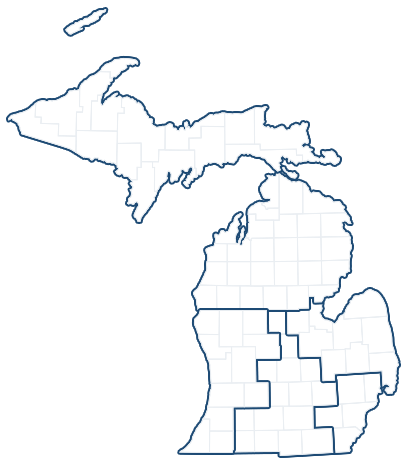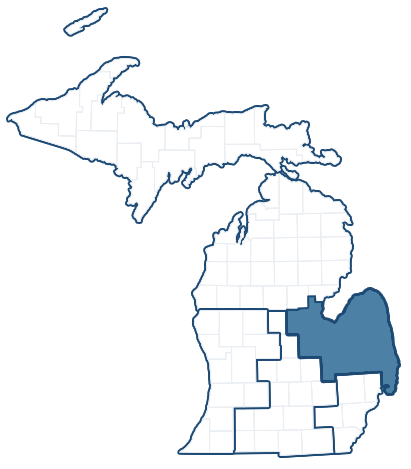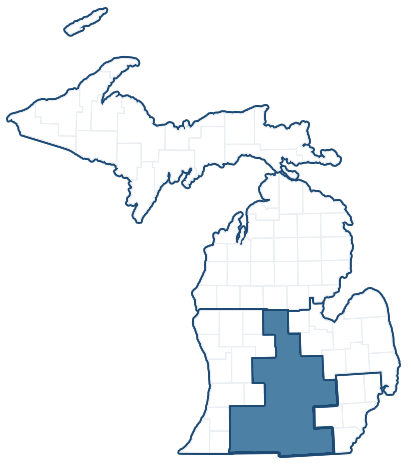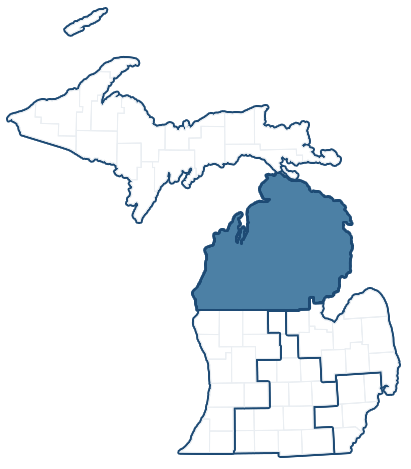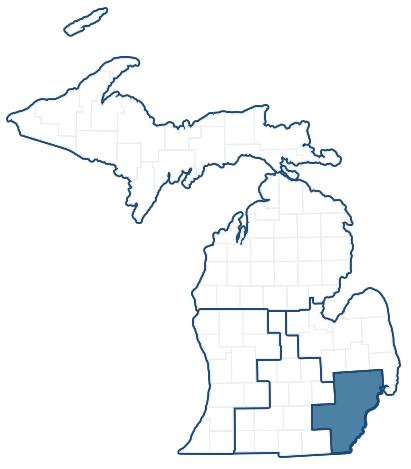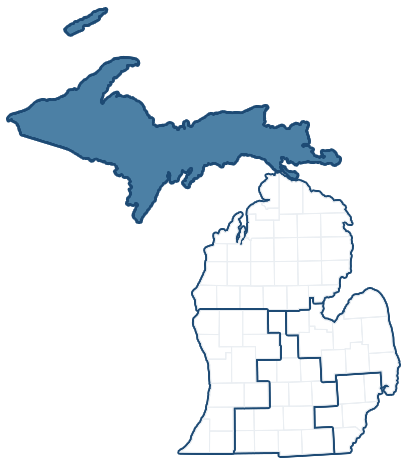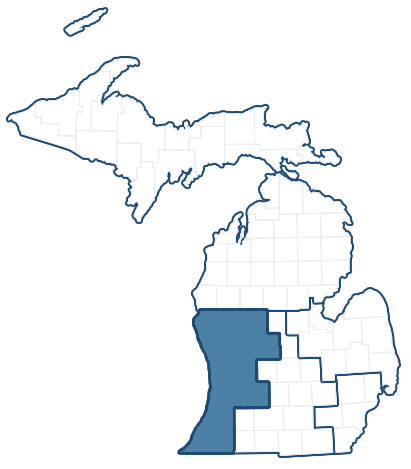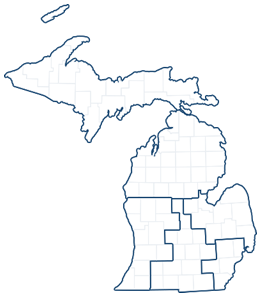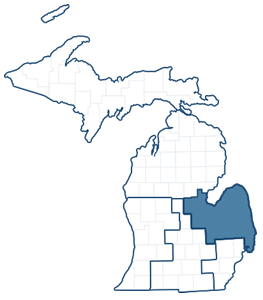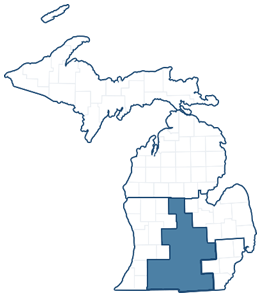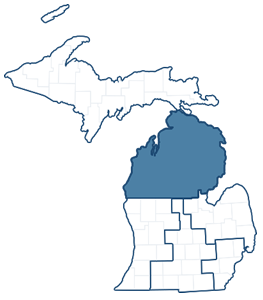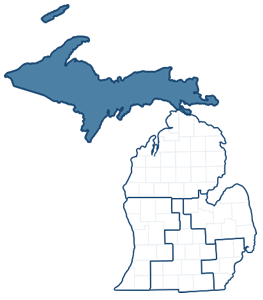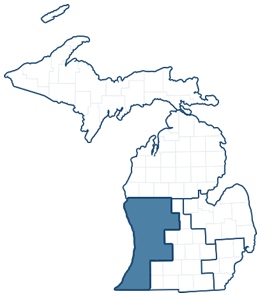Senator Stabenow Announces 10 New States to Receive Full Medicaid Funding to Expand Mental Health and Substance Use Disorder Services
A Total of 20 States Will Now be a Part of Senator Stabenow’s Successful Bipartisan Behavioral Health Initiative that is Transforming Health Care Across the Country
Tuesday, June 04, 2024WASHINGTON— Senator Debbie Stabenow (D-MI), the creator of Certified Community Behavioral Health Clinics, announced that ten new states across the country have been selected to join the successful initiative to fully-fund high quality mental health and substance use disorder services through Certified Community Behavioral Health Clinics.
With the passage of the Bipartisan Safer Communities Act, all states and the District of Columbia became eligible to submit applications to participate. In March 2023, 15 states were selected to receive $1 million to develop plans to participate in the CCBHC initiative. Of those states, 10 were chosen today to receive full funding for comprehensive services. These states include Alabama, Illinois, Indiana, Iowa, Kansas, Maine, New Hampshire, New Mexico, Rhode Island, and Vermont.
They join ten other states receiving full funding for comprehensive community mental health and substance use disorder services thanks to the initiative. These states include Michigan, Kentucky, Minnesota, Missouri, New York, New Jersey, Nevada, Oklahoma, and Oregon. This progress will continue as the Bipartisan Safer Communities Act allows every state to meet the high-quality treatment standards and eventually join.
“Our mental health and substance use disorder initiative is a proven success story and is transforming community services across our country. Our clinics are successfully working with law enforcement to get people the care they need rather than having them just sit in jail. Today’s announcement means that help will reach even more people in every corner of our country,” said Senator Stabenow.
These Certified Community Behavioral Health Clinics are transforming community care by setting high-quality standards of care and then funding behavioral health care as health care through Medicaid. This is the same successful structure used for federally qualified health centers.
In order to receive enhanced Medicaid funding, the clinics are required to provide crisis services that are available 24 hours a day, 7 days a week and serve anyone who requests behavioral health care, regardless of their ability to pay. Other high-quality services are required as well, including outpatient mental health and substance use disorder treatment services; immediate screenings, risk assessments, and diagnoses; and care coordination including partnerships with emergency rooms, law enforcement, and veterans’ groups.
The Department of Health and Human Services found that people who receive care at these clinics had:
- 72% reduction in hospitalization
- 69% reduction in visits to the emergency room
- 40.7% decrease in homelessness
- 60.3% less time in jails.
Also, 83% of these clinics either already provide direct services on site at one or more schools, childcare, or other youth-serving settings.
# # #
Next Article Previous Article



